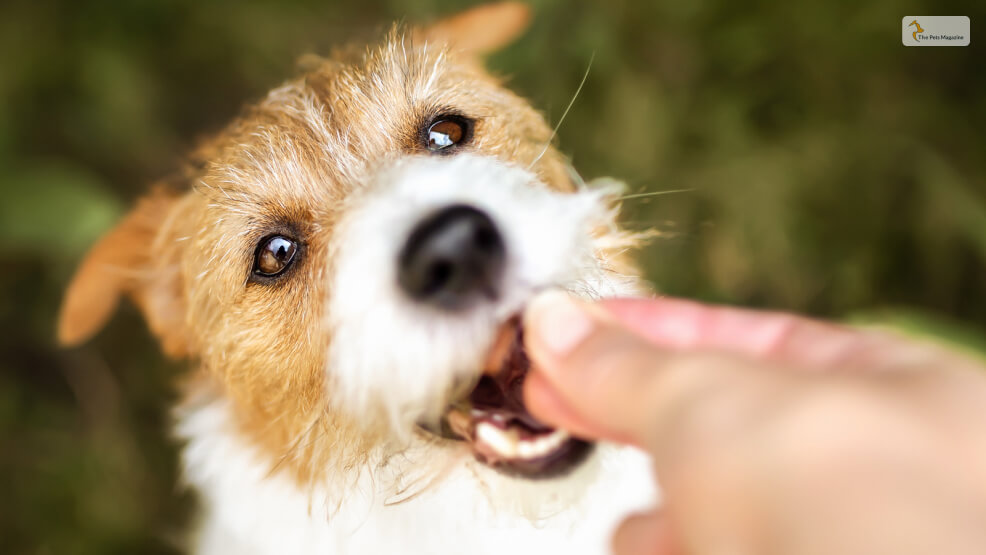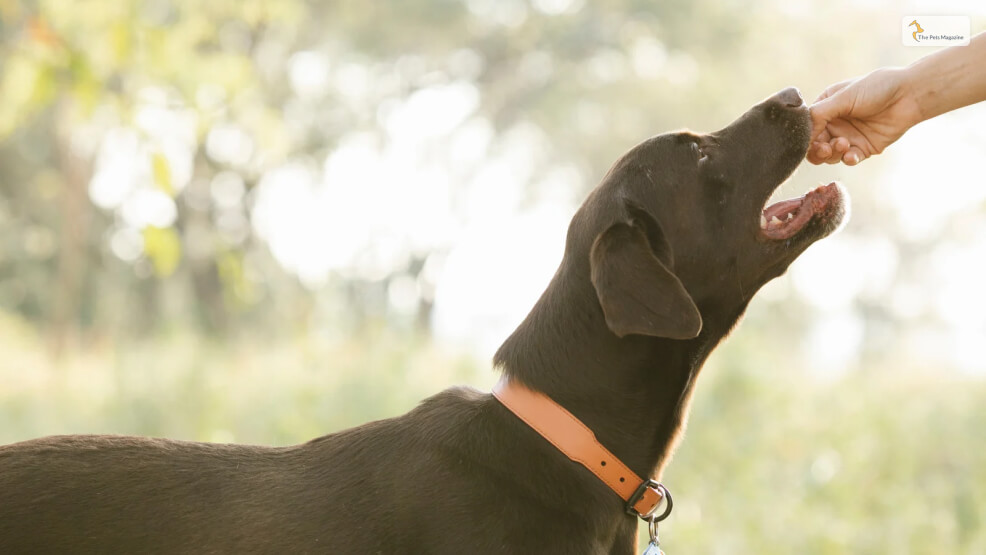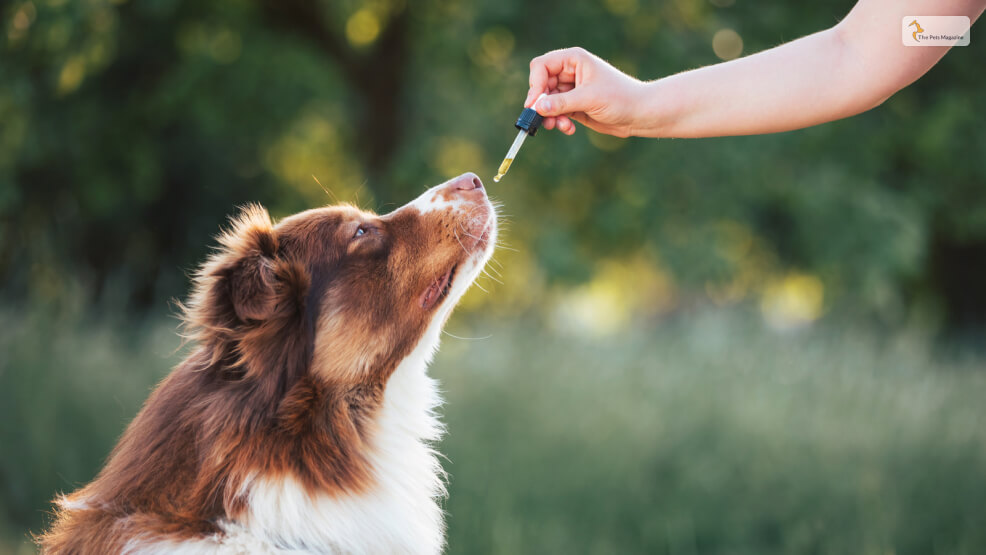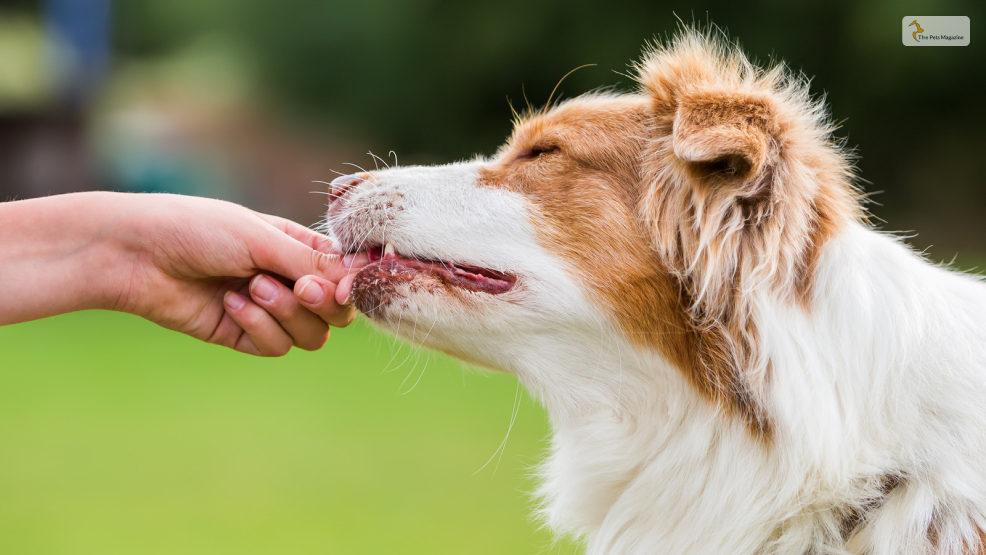Can I Give My Dog Ondansetron For Nausea?


As pet owners, we always strive to ensure the health and comfort of our furry companions. When our dogs experience nausea, it can be distressing for both them and us. While there are various remedies available, you might be wondering if human medications, such as Ondansetron, can be safely used to alleviate your dog’s nausea. Ondansetron, commonly known by its brand name Zofran, is a medication often prescribed to humans for nausea and vomiting. But is it safe for canine use?
In this article, we’ll explore the potential benefits and risks of giving Ondansetron to your dog and provide guidance on when and how it might be appropriate to use this medication under veterinary supervision.
What is Ondansetron?
Ondansetron for dogs, available under the brand names Zofran® and Zuplenz®, is used to treat extreme nausea and vomiting in cats and dogs. They are used to relieve nausea in cats and dogs, but it is considered ‘off label’ or ‘extra-label.’ There are many medications today that are prescribed on an off-label basis in the veterinary industry.
It is encouraged to consult the vet and follow their instructions before giving your fur-buddy any medicine. An extra-label drug means it is not approved for use by animals by the FDA (Food and Drug Administration), but it is prescribed legally by animal professionals.
How Do You Give Ondansetron to Dogs?

This medication is given through the mouth in its tablet or liquid form, with or without food. If your pet vomits after taking it on an empty stomach, move it to an after-food dosage going forward.
In case of tablets, you can give it directly, by placing the tablet at the back of your dog’s tongue and gently hold their mouth closed until they swallow. You can also hide the tablet in a small piece of food or a treat to make it easier for your dog to take.
Liquids must be measured with accuracy. Some tablets come in dissolvable forms, so make sure your hands are dry before you handle them and offer them to your pet.
This medicine is also available in the market in a topical gel form. Wear gloves when you apply this gel. In hospitals, it can also be administered as an injectible liquid infused through the vein, muscle, or under the skin. Here is how you can do it:
- Use a syringe (without a needle) to measure the prescribed dose.
- Gently insert the syringe into the side of your dog’s mouth and slowly squirt the liquid, allowing your dog to swallow naturally.
This drug takes effect within 1 or 2 hours, and improvements in the pet’s health follow. After administering the medication, monitor your dog for any side effects, such as sedation, constipation, or unusual behavior. Contact your vet if you notice any adverse reactions. Keep in touch with your veterinarian to report on your dog’s progress and to make any necessary adjustments to the dosage or frequency.
Side Effects of Ondansetron for Dogs
The side effects of this drug are rare. The symptoms include sleepiness, constipation, and head shaking. Some more serious side effects are low blood pressure that causes fainting or collapsing and severe lethargy. This short-term medication should wear off within 24 hours. But they could persist if your pet has kidney or liver issues.
Is Ondansetron Safe For Dogs?

Ondansetron should not be given to pets that have an allergic reaction to it. It should be used with caution in pets with gastrointestinal blockage, certain abnormal heart rhythms, or liver disease. It must also be used with caution in pregnant or lactating pets.
Some dog breeds, such as sheepdogs, collies, or sheepdog crossbreeds, are particularly more sensitive to this medication. This happens because of a specific genetic mutation (MDR1) that makes them less tolerant of specific medications. Ondansetron must therefore be used cautiously in such breeds.
Ondansetron Dose For Dogs
When considering Ondansetron for your dog, it’s crucial to consult with a veterinarian to ensure the correct dosage and to rule out any underlying health conditions. Here are some general dosing guidelines based on veterinary recommendations:
- Oral Dosage: The typical oral dosage of Ondansetron for dogs is 0.1 to 0.3 mg per kilogram of body weight, administered every 8 to 12 hours.
- Intravenous Dosage: For intravenous administration, the dosage is generally 0.1 to 0.2 mg per kilogram of body weight.
But you should keep in mind that Dosage may need to be adjusted based on the dog’s specific condition, weight, and response to the medication.
Frequency
The frequency of administration can vary depending on the severity of the symptoms and the dog’s response to the treatment. It is usually given every 8 to 12 hours.

Drug Interactions
You must be careful about the following medications when administering Ondansetron: apomorphine, cisplatin, cyclophosphamide, certain heart medications, serotonergic drugs, or tramadol.

Make sure your vet knows about all the other medications your pet is taking, such as vitamins, supplements, or herbal therapies.
Frequently Asked Questions
Here are some commonly asked questions that you may want to keep notes of:
Like every other medicine, dosage is best recommended by a medical practitioner. They can tell you the necessary dosage needed for the issue at hand for your dog. The dosage will be based on individual needs such as age, weight, or breed.
No, it is used specifically for nausea and vomiting. It cannot be used to treat any other illnesses and must not be used without a prescription. Consult your doctor for all your pet’s needs.
It is effective against nausea and vomiting and is used in empiric treatment of the same. It works pretty well in dogs and helps them get over mild sickness within an hour.
The recommended dose is 0.05 to 0.5 mg per pound (0.1 to 1.0 mg/kg) orally every 12 to 24 hours. For dosage information, based on your dog’s specific needs, it is best if you consult the vet.
To Conclude
When this medication is given to your pet, you do not have to monitor their progress because the vet will do that. You have to store this medication at room temperature between 2°C and 30°C (36°F and 86°F) in an air-tight container, protected from moisture and light.
If you think your pet may have overdosed or is having an adverse reaction, call your vet without delay. If they are not available, get in touch with an emergency facility.
Before using Ondansetron for dogs, consult a vet.
Have you read these?








Leave A Comment